(Un)healthy relationships
It may all look very healthy at the beginning, until something starts to change—in a flash.
We all think we know what a healthy relationship looks like. We fall in love; everything is perfect. The other person treats us well, and gives us loads of attention that makes our hearts melt—possibly even gifts, flowers, and good intimacy. When they have wowed us over, we start to trust them. They gain our trust, and hearts. It may all look very healthy at the beginning, until sometimes it starts to change—in a flash.
A perpetrator or narcissist has other plans in mind when they enter a relationship. Those goals usually involve idealising, devaluing and then discarding you. However, they may not fully discard you—they may simply give you the silent treatment for a period of time. They may keep you around for as long as possible and continue this abuse cycle. This is why recognising a red flag in a relationship before it’s too late is so vital.
There can be many red flags, but these are some of the most common ones:
1. Controlling behaviour
A partner may feel the need to always be in control. This will probably include wanting to know where you go, wanting to know when you will be home, maybe taking control of all the finances, and limiting access and possibly disconnecting you from your friends and family. Controlling behaviour is one of the unhealthiest signs in an unhealthy relationship.
2. Irresponsible and unpredictable
Some people have trouble managing their own life in the way of finances, keeping a job, managing their health and taking care of themselves. You’ll find that if you’re taking on all of their problems and helping them with all of these basic life skills then you’re going to go into overdrive yourself. They will start to rely on you for everything, and it will feel like you are running their life as well as your own. They will also have trouble making and sticking to plans, so you’ll never know when they are actually going to turn up or do something.
3. Trust issues
Sometimes, if we’ve been hurt before we can certainly end up having trust issues with other people. But there comes a time when we get that gut instinct telling us that the other person may not be completely honest with us. If your partner sounds like they’re stumbling around facts during a conversation, or doing things that you’ve already mutually agreed to not do then you have a reason to be concerned. A bad feeling is always a bad sign. Trust is always key, and if they are breaking that then there are going to be more issues.
4. Illegal or addictive behaviours
If your partner is participating in illegal behaviours or has an addictive personality to something like drugs or alcohol then this is sure to cause problems in the relationship—especially if you’re not okay with this behaviour. They might try and tell you at the beginning that they will stop, but then later continue with it, or it may possibly get worse as they feel that you have accepted it. Drugs and alcohol almost always do nothing good for a relationship.
5. Manipulation
Manipulation is second nature to some perpetrators. They use this to get what they want, because that’s the only way they know how. A good way to tell if your partner is manipulating you is to watch how they treat their friends and family. If they’re gloating about manipulating them, or using it with them, they will definitely try it on you. This can also lead to gaslighting, where you question your own sanity and if something really happened or not.
6. They frequently put you down
There isn’t much to explain about this one. If someone is constantly putting you down they are toxic. Someone who cares about you should not be degrading you, and making you second-guess yourself all the time. It can be very easy to believe what someone says when you love them, and you may even start to believe them, which is where your mental health and sense of self starts to decline.
These six red flags will almost always come up in a toxic relationship simply because the type of people who portray these behaviours are actively seeking out some sort of harm. No one for any reason should be portraying these behaviours, no matter how angry or upset they may tell you they are. They may also be accompanied by physical violence as well, which is a sure sign that you are definitely not safe.
What should a healthy relationship look like?
Number one is respect. Everyone should respect each other, especially in a relationship. If you and your partner disagree on something, a healthy argument is normal. You’ll most likely both put forward your reasons for disagreeing, and your emotions, and then compromise or walk away from the discussion to cool down. We all get angry from time to time, and it can be hard to control when we are passionate about an issue, but there are limits to how much we should express that emotion. For instance, one shouldn’t start verbally or physically abusing the other.
Another factor of a healthy relationship is acknowledging each other’s right to individuality and privacy. As people, we all like to do our own thing sometimes—whether that is to go out with our friends for a night out, read a book in peace or leave the house alone to go and do something. Just because we may live with our partner does not mean we have to do everything with them, or share every moment of our day. We are all individuals, and privacy in a relationship is an important factor.
At the end of the day, you should feel happy, content, safe, respected, loved, and trusted and have no need to question your relationship. These feelings tell us that we are where we need to be, and they are healthy feelings. It can be very common to pretend that we are all of these things in a relationship to please the other person, but we can only feel these things when we are truly happy.
When you mention domestic violence to people, or abusive relationships, people generally think that only physical violence relates to those two things. This is not the case. Domestic violence is defined as violence, abuse and intimidation between people who are or have been in an intimate relationship. This can include emotional abuse, physical assault, sexual assault, verbal abuse, financial abuse, psychological abuse, and isolating a partner from friends and family. It’s possible that some people are not even aware when they are committing domestic violence because they think it only relates to physical assault and victims may also doubt their victimhood. This is why awareness is so important in today’s society.
Domestic violence can happen to anyone at any time—a relationship can begin perfectly healthily and then turn abusive. This is because perpetrators have to work on making you trust them. It can happen to the most vulnerable people and to the strongest people.
Toxic relationships don’t just refer to intimate relationships, but also friendships and family. Toxic people are all around us, and a lot of us have experienced at least one toxic relationship in our lifetime whether that is with a family member, friend or partner. Sometimes the relationships we have with people bring us down when they should lift us up. They cause us more drama than necessary and they may even attack our mental health. Toxic relationships are better off out of our lives. However, you can definitely use the experience to grow stronger as a person. A lot of abuse survivors can tell you that they are now stronger than ever from the experiences that they have encountered.
Spreading awareness and personal stories can help the world become free from relationship abuse. We now see this happening more than ever, which is the start of something powerful. ■
Crystal Hager
@raise.speak.shout
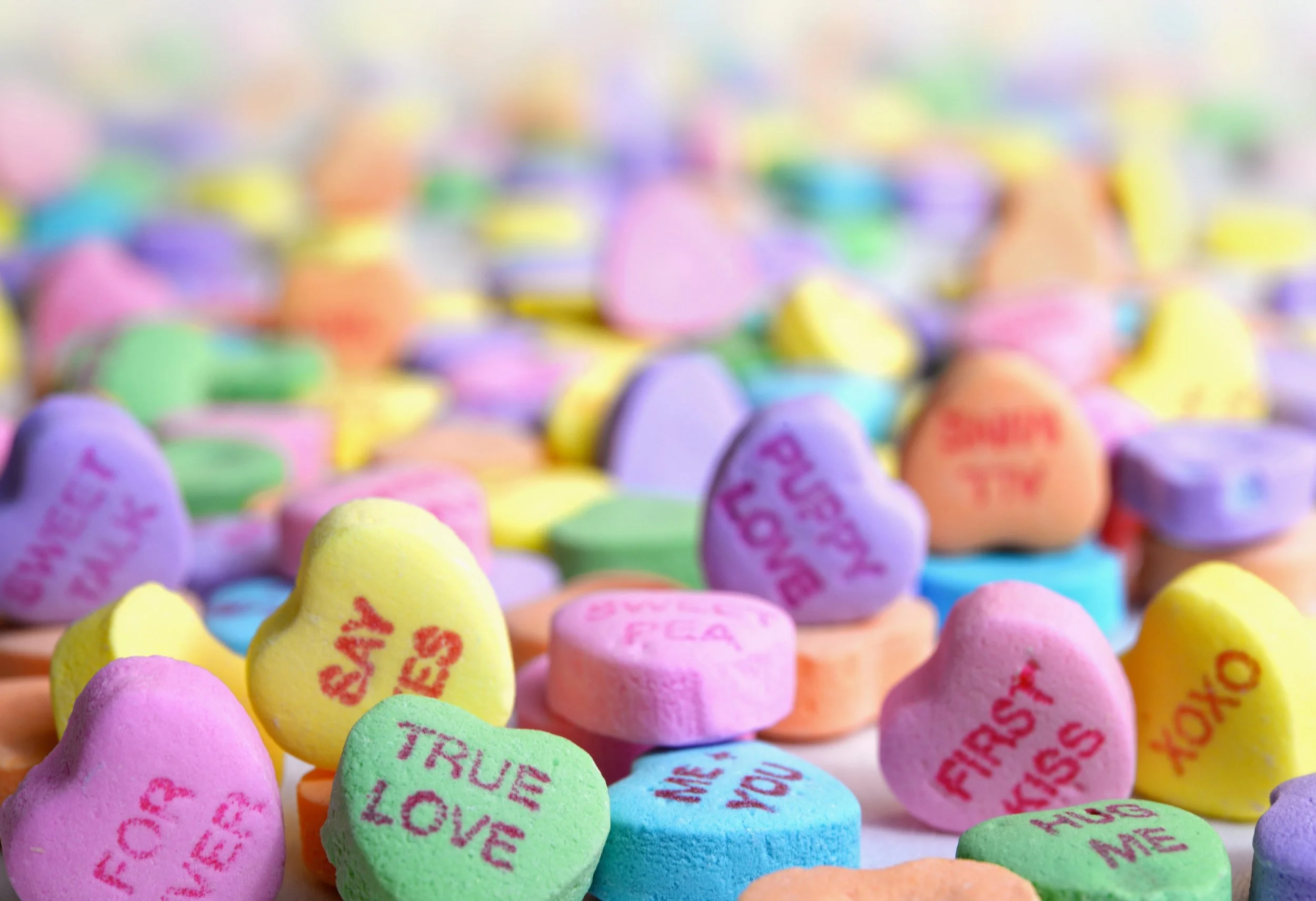
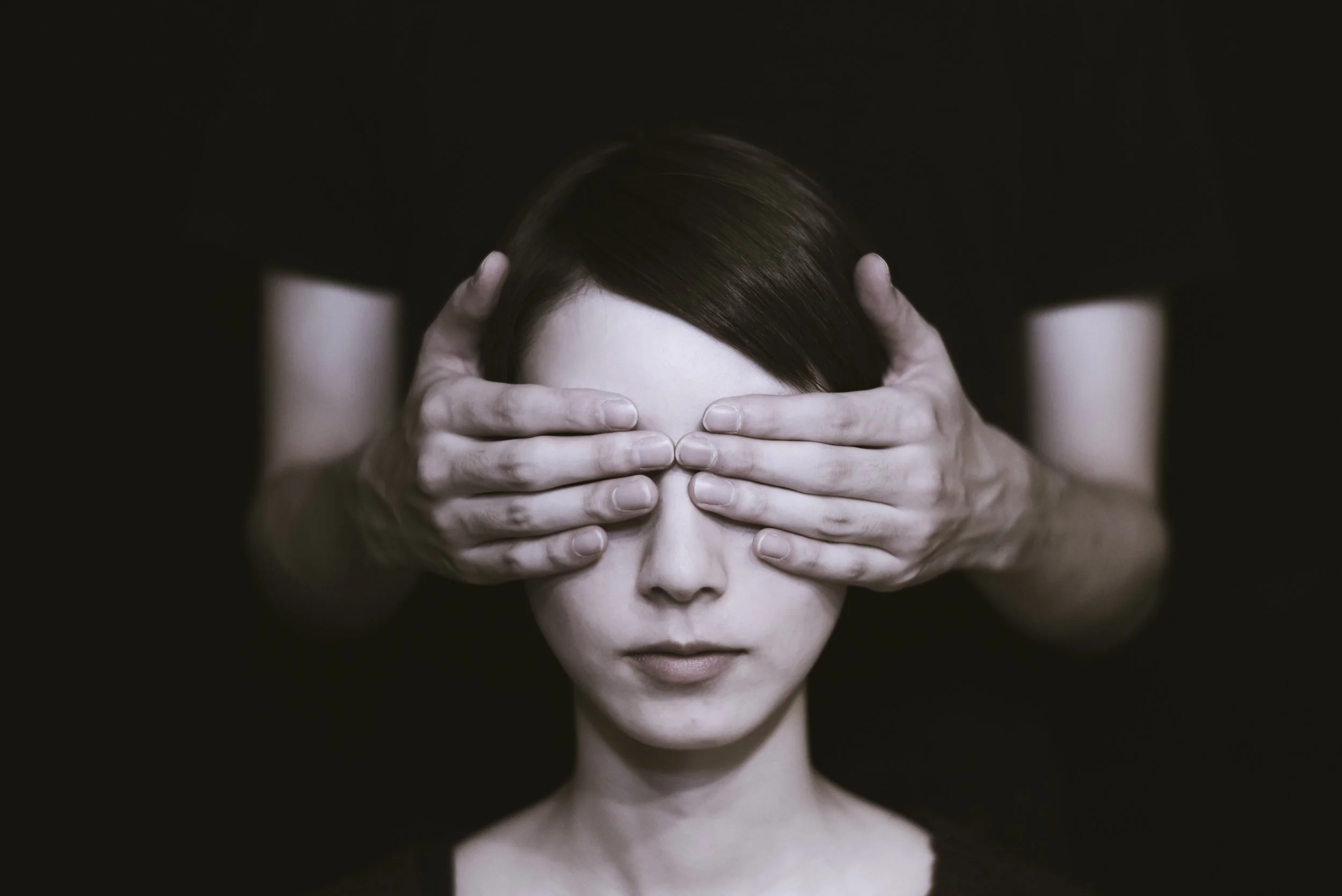
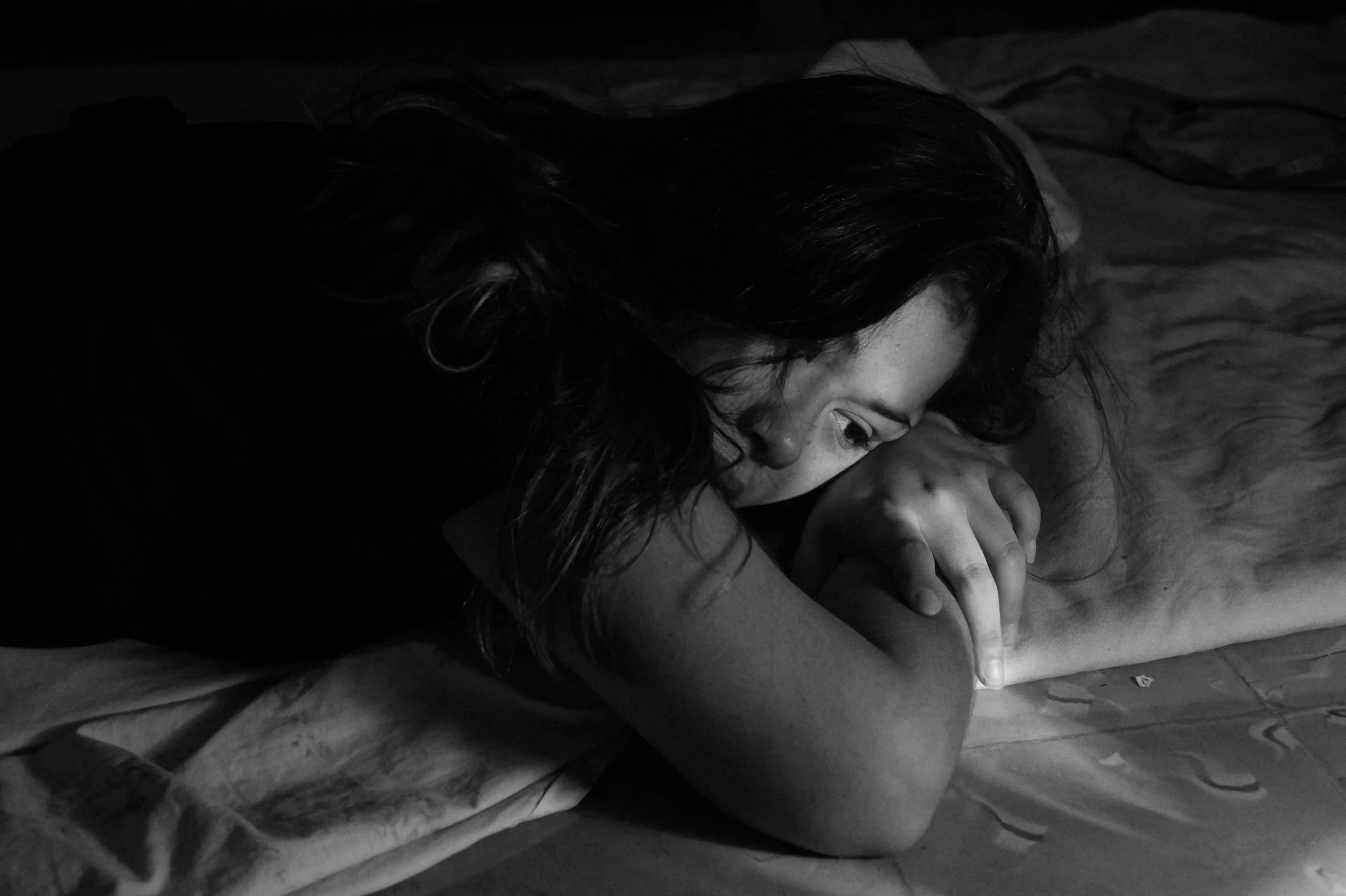
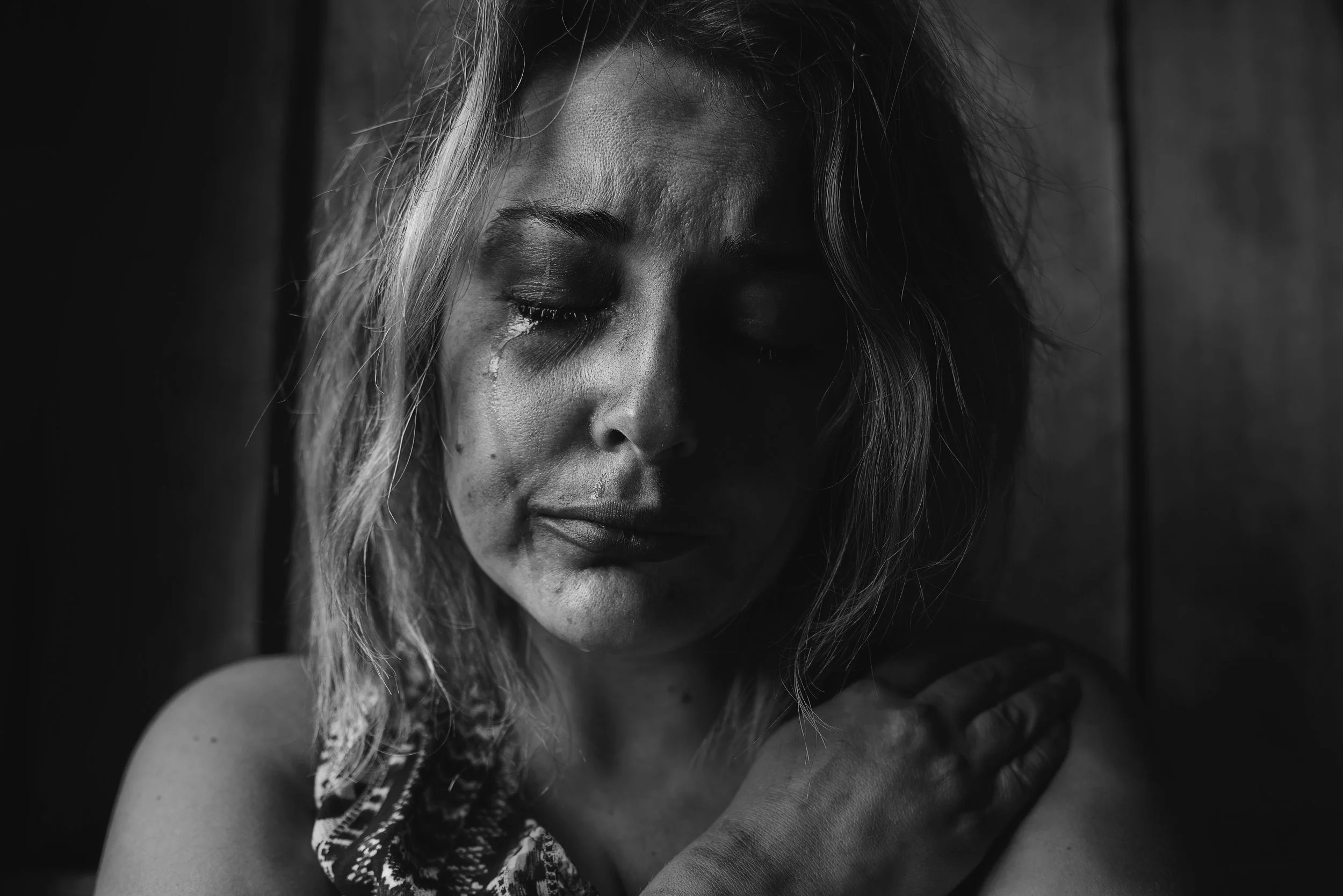
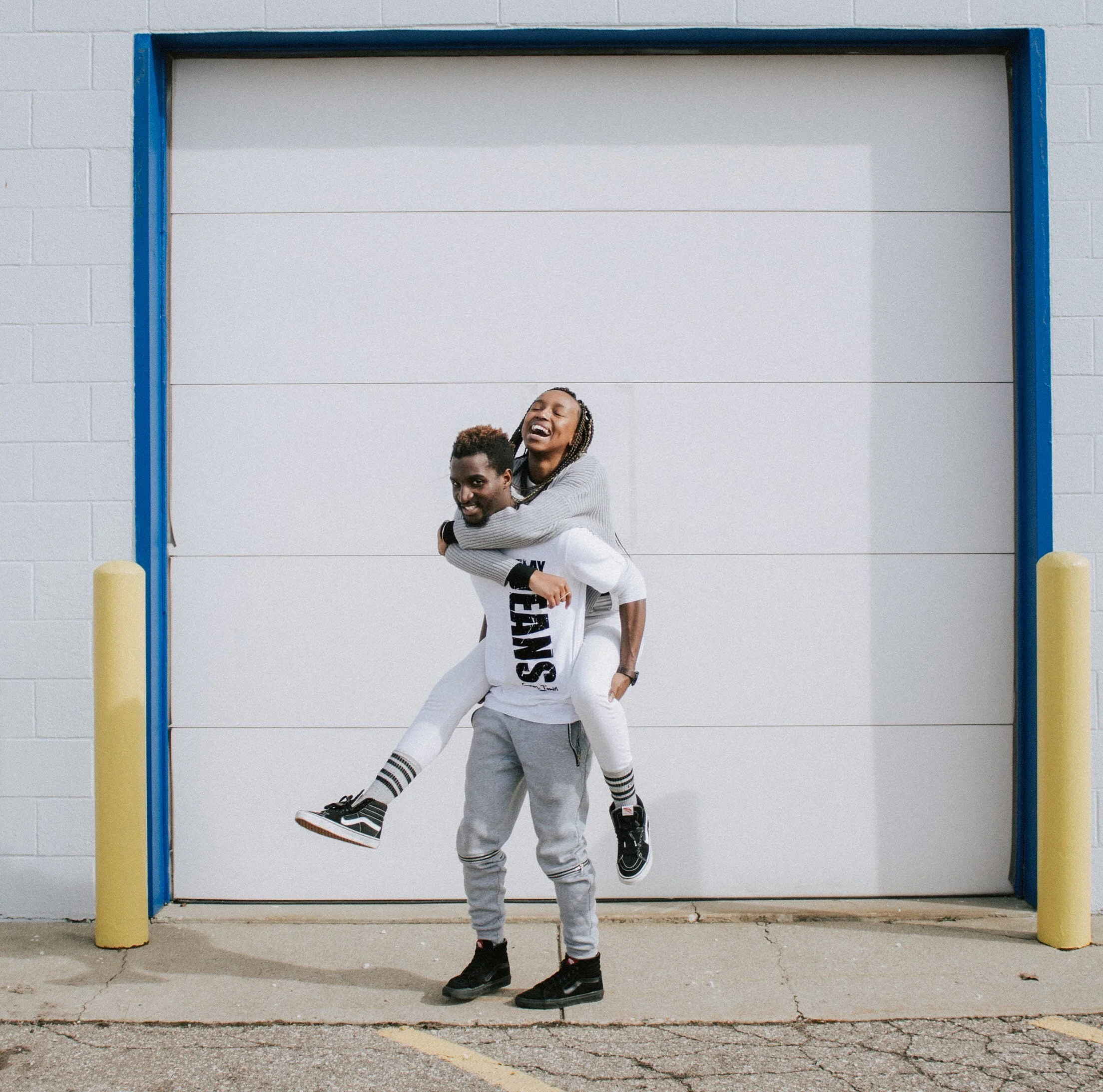








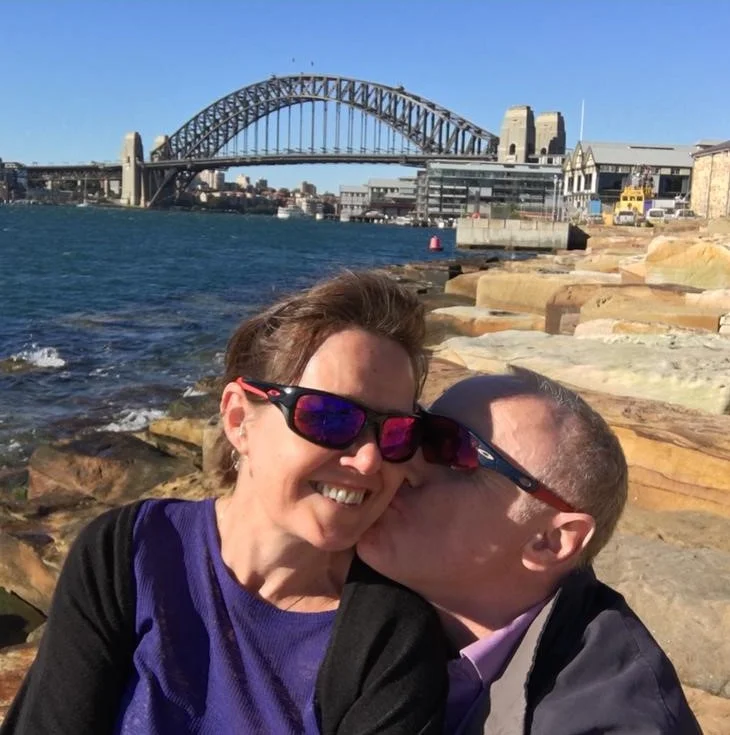

Love Valentine’s Day but find yourself single this year? Galentine’s Day is the day for you.